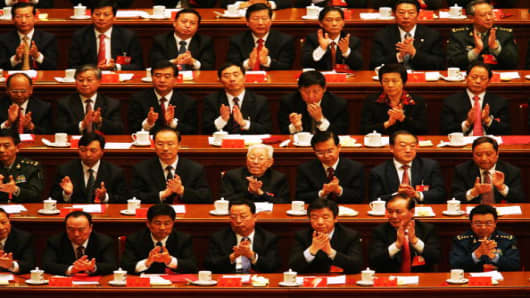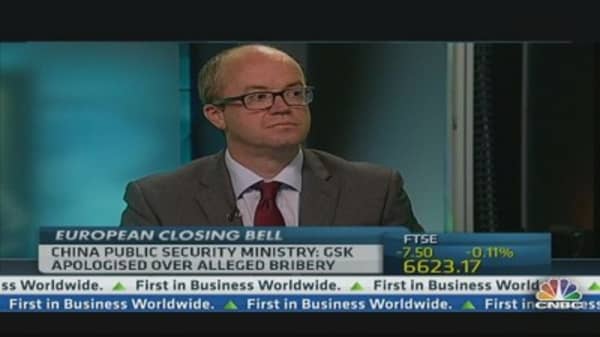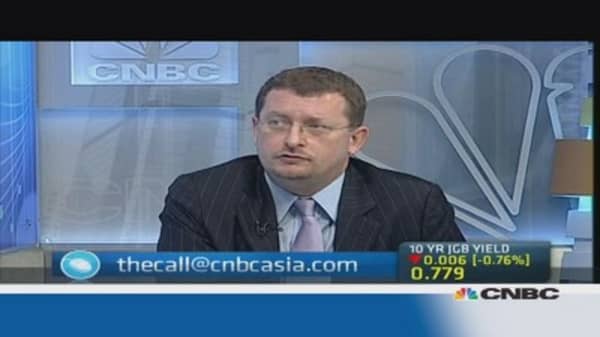Everything in China is political, even when it might not be.
A series of seemingly unrelated corruption scandals in China all share a common thread that has got the political class in Beijing very excited and boosted speculation that an elite power struggle is under way within the ruling Communist party.
The connections seem tenuous at first but spend enough time in the Byzantine world of Chinese politics and the logic starts to appear compelling.
The speculation revolves around the fact that relatives of Hu Yaobang, former general secretary of the Communist party of China and the man whose death in 1989 sparked the Tiananmen Square uprising, are linked to an investigation into global pharmaceutical giant GlaxoSmithKline as well as to a state-owned conglomerate facing public allegations of corruption.
From the mid-1990s until 2007, the director of GSK's corporate affairs in its Beijing office was Betsy Li Heng, daughter of Hu Yaobang.
(Read more: China blocks Glaxo executive from leaving the country)
In an industry that is riddled with the sort of corruption that GSK is accused of, many observers are wondering why GSK has been singled out as the main target. Industry insiders say the company's practices were no worse than others.
The theory floating around Beijing political circles and in internet postings is that when China's top leaders were deciding which pharmaceutical company to go after, they settled on GSK because they could achieve two goals simultaneously.
Not only have they warned the drug industry to clean up its act; they have also sent a message to the Hu family to pull their necks in.





